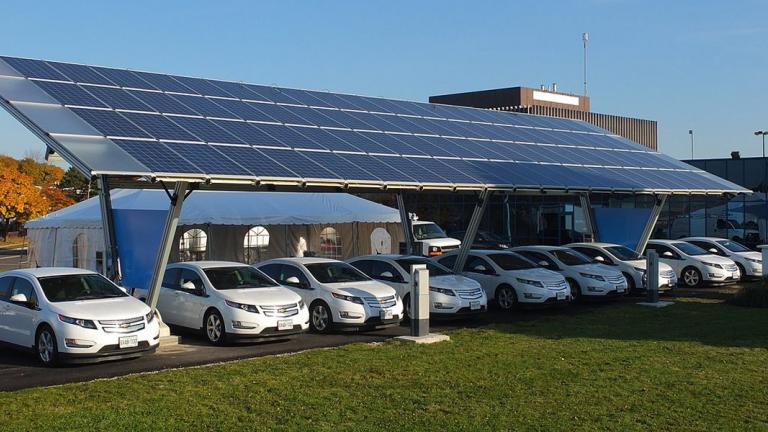
We’re excited to announce that the Centre for Social Innovation has launched a new contest on MIT Climate CoLab with up to $575,000 (CAD) in support for winners to pilot their projects.
Background
Small to Medium Sized Enterprises (SMEs) make up 98.2% of businesses in Canada and emit as much climate change-causing greenhouse gas (GHG) emissions per year as Canada’s combined transportation sector, including every car, truck, train, plane, and ship. Reducing their emissions can benefit SMEs by helping them grow while also building healthier communities.
The Centre for Social Innovation in Toronto, Canada has launched a Climate CoLab contest to solicit a broad range of possible solutions to help SMEs in the Canadian province of Ontario reduce their direct and indirect GHG emissions while helping them thrive.
“Recent research from the University of Waterloo shows us that the vast majority of SMEs believe that sustainability is important,” said Barnabe Geis, Director of Programs at the Centre for Social Innovation. “We want to support the implementation of solutions – whether technologies, programs or services – that help SMEs meet their sustainability goals as a powerful way to both strengthen our economy and improve the health and well-being of our communities.”
Many SMEs face barriers to lowering their emissions, from lacking the technical expertise to assess options for reducing emissions to not being able to afford the upfront costs of a low-carbon technology. However, once the right technologies or practices are implemented, the savings and other benefits to SMEs can be substantial. This contest will offer support to demonstrate the value and scalability of solutions in order to make the path towards sustainability more accessible to SMEs across the province of Ontario.
Contest now open for proposals
The Helping Small & Medium Businesses Go Low Carbon contest is seeking proposals that suggest ways that the Canadian province of Ontario’s small and medium-sized businesses can reduce their direct and indirect GHG emissions, while helping them thrive (e.g., by growing, increasing profitability, employee retention, etc.). A panel of Judges will select 3-5 winning proposals based on their desirability, feasibility, scalability and impact to potentially be piloted in Ontario.
Contest winners may be eligible to access a share of a $425,000 (CAD) grant package and $150,000 (CAD) of value in workspace in Toronto, advisory services, and other in-kind support through the Centre for Social Innovation, to successfully pilot their projects in Ontario over 8 months, starting November 2018. Read the contest’s details page for more information.
The global community is invited to submit proposals until July 11, 2018 for the opportunity to receive feedback from expert Judges, before the final proposal deadline of August 3, 2018.






